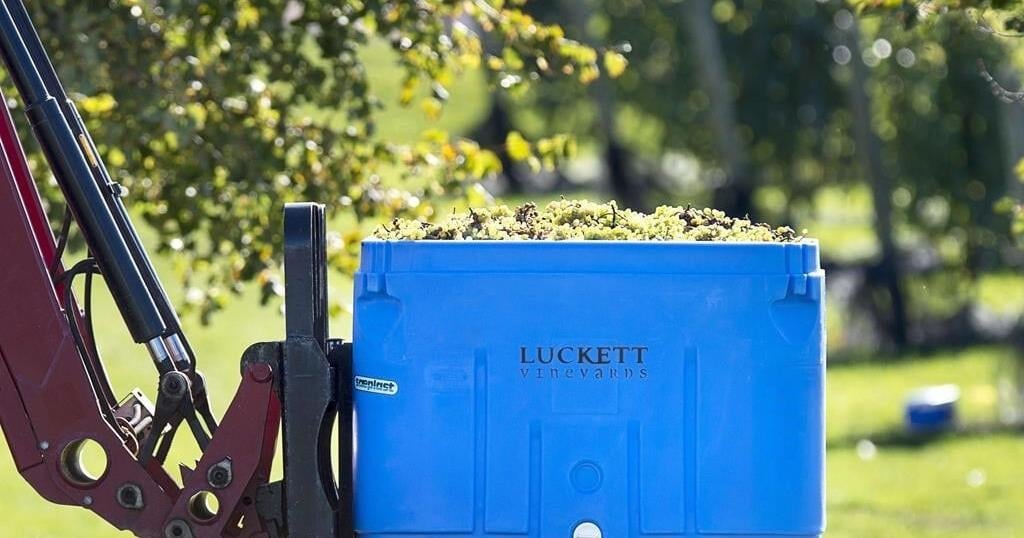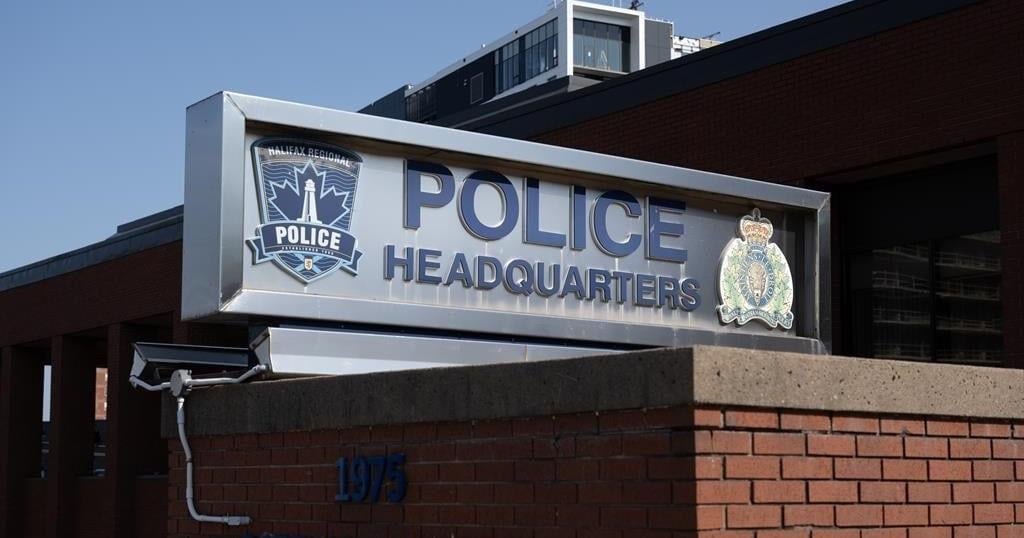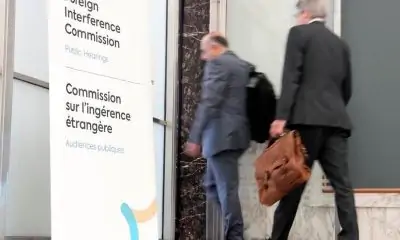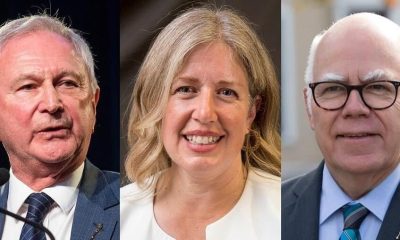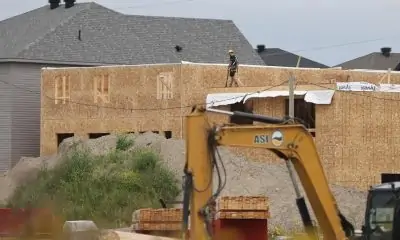HALIFAX – An offer of additional financial aid to Nova Scotia’s wine industry is still on the table despite being rejected by grape growers earlier this week, say provincial officials.
During a briefing Thursday, Finance Department officials said the offer presented to an industry working group last week is fair and complies with international trade rules.
“We think it’s reasonable, (and) it’s rooted in the evidence that our consultant provided for us,” said associate deputy minister Lilani Kumaranayake, referring to an independent report authored by Acadia University business professors Donna Sears and Terrance Weatherbee.
The offer would increase payments to wineries and grape growers by an additional $1.6 million — for a total of $6.6 million per year — and it would give payments capped at $1 million per year to each the province’s two commercial wine bottlers.
The province’s winemakers say subsidies for bottlers are unfair because they help the bottlers import cheap grape juice to make wine that is less expensive than locally produced wines.
The department said the funding amounts to a 65-35 per cent split — a ratio based on the GDP of wineries and commercial bottlers and the Nova Scotia Liquor Corporation’s acquisition costs for their products.
Kumaranayake said the province has also offered an additional $850,000 to operate a wine authority that would help regulate the industry and to formulate a wine sector growth plan.
She said the new funding plan will not take effect by the proposed Oct. 1 date because the wineries don’t want the money, although the government is set to continue talks.
“The premier received a letter saying the farm wine group was not interested in the proposed change, so at this point in time we will remain with the status quo.”
That means funding levels will remain at $5.05 million a year for wineries and $844,000 a year for commercial bottlers, Kumaranayake said.
Thursday’s presentation came after working group co-chair Karl Coutinho informed Premier Tim Houston in a letter earlier this week that he was resigning over the government’s offer, which he characterized as an “enormous disappointment” to the province’s wineries and grape growers.
Winery owners and grape growers say commercial bottlers shouldn’t receive public money, arguing that the province’s offer would effectively subsidize foreign grape juice at the expense of Nova Scotia-grown grapes.
“We’re not looking for more money, we are looking for the proper investment structure,” Coutinho told reporters on Thursday. “It (funding) needs to be more focused on the agricultural side of our industry. What they have presented — albeit it’s more money — but it’s not a salve to the overall issue.”
Although the consultant’s report did recommend that government funding should offset grape imports that have been subsidized by their country of origin, Kumaranayake said that wasn’t possible because the province doesn’t have the ability to determine how much of a subsidy has been applied.
Tim Ramey, of Blomidon Estate Winery, called the government explanation a “red herring.”
“Who else subsidizes imported grapes … where?” an exasperated Ramey asked. “Nowhere.”
This report by The Canadian Press was first published Sept. 26, 2024.


